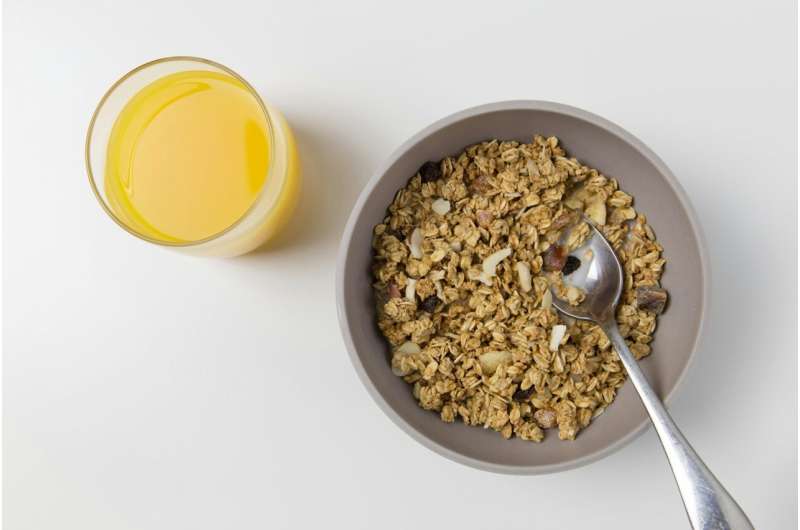How Proper Nutrition Can Prevent Muscle Injuries in People Over 50

Discover how a balanced diet rich in protein, minerals, and vitamins, combined with appropriate exercise, can help prevent muscle injuries in those over 50, supporting healthy aging and improved physical wellbeing.
As more individuals over 50 embrace physical activity, it becomes increasingly important to understand how diet impacts their health and injury prevention. Engaging in exercise offers numerous benefits, including disease prevention and supporting treatment for various conditions, but starting new routines at this stage requires careful planning, especially for those new to regular movement or dealing with overweight or obesity issues.
Muscle and skeletal injuries risk increases after age 50 due to the natural decline in muscle mass and bone density known as sarcopenia and osteopenia. To mitigate these risks, a thorough health assessment and nutritional analysis are recommended before beginning any new exercise regimen, including the potential need for micronutrient supplements.
Protein intake is crucial for maintaining and building muscle mass, which helps prevent frailty associated with aging. Adults over 50 who are moderately active typically require 1 to 1.5 grams of protein per kilogram of body weight daily. To optimize muscle recovery and strength, distributing protein intake evenly throughout the day and consuming it around exercise sessions (30 minutes before or after) is advisable. Sources of protein should include both plant-based options like beans, lentils, seeds, and nuts, as well as animal-based items such as eggs, dairy, poultry, and fish. A balanced diet combining these proteins supports high performance and overall health.
Micronutrients such as magnesium, calcium, and vitamin D play vital roles in muscle repair and bone health. Magnesium, found in foods like pumpkin seeds and cheese, helps with muscle recovery, while calcium and vitamin D—abundant in dairy, oily fish, and fortified foods—are essential for maintaining bone mineral density. Ensuring proper hydration before, during, and after exercise is equally important, as dehydration or overhydration can hinder performance and increase injury risk.
The type of exercise performed also influences injury risk and health benefits. Whether prioritizing strength training, cardiovascular activities, or a combination, exercising regularly, with appropriate medical and nutritional oversight, contributes to a lower risk of chronic diseases and enhances quality of life. Properly tailored routines are particularly important for individuals over 50, given their unique physiological changes.
In summary, a balanced diet rich in macronutrients and micronutrients, combined with suitable exercise tailored to individual capabilities, can significantly reduce the likelihood of muscle injuries and promote healthier aging. Consultation with healthcare professionals for personalized guidance is highly recommended.
Stay Updated with Mia's Feed
Get the latest health & wellness insights delivered straight to your inbox.
Related Articles
'Fibermaxxing' is trending—here's why that could be a problem
Discover the rising trend of 'fibermaxxing' and understand why consuming excessive dietary fiber can pose health risks, emphasizing the importance of balanced nutrition.
Father-Driven Nutrition Program Leads to Long-Lasting Dietary Improvements in Mexican-Heritage Families
A six-week father-centered nutrition program successfully improved and sustained healthy eating habits among Mexican-heritage families, emphasizing cultural relevance and family influence.
Proinflammatory Diets Accelerate Gum Disease Progression and Increase Systemic Inflammation
New research reveals that proinflammatory diets can accelerate gum disease progression and contribute to increased systemic inflammation, highlighting the importance of dietary choices for oral and overall health.
High-Fat Milkshake Reveals Immediate Impact on Brain and Blood Vessels
A study reveals that consuming a high-fat milkshake can immediately impair blood vessel function and reduce the brain's ability to regulate blood pressure, highlighting the importance of healthy fats for brain health.



